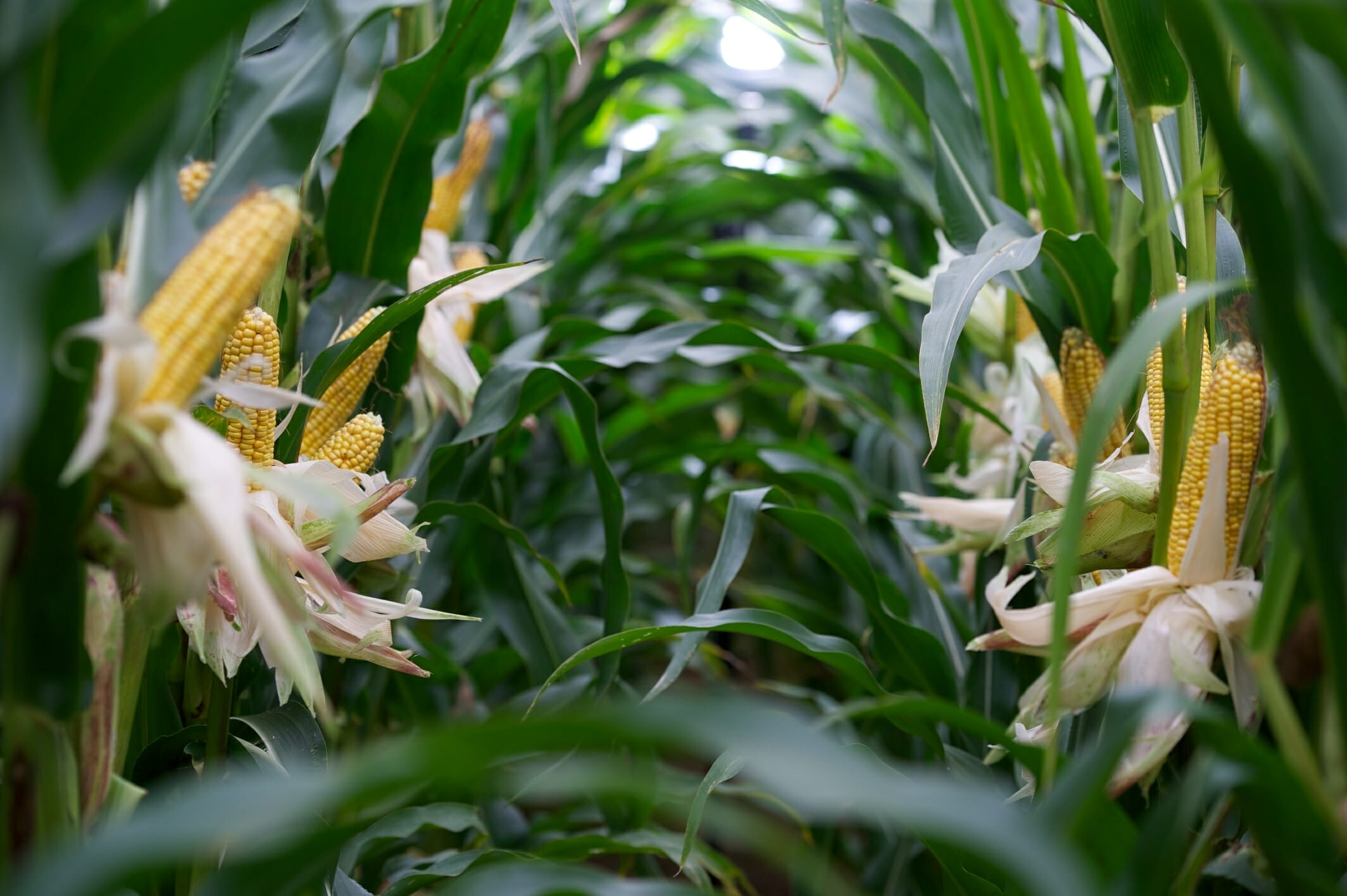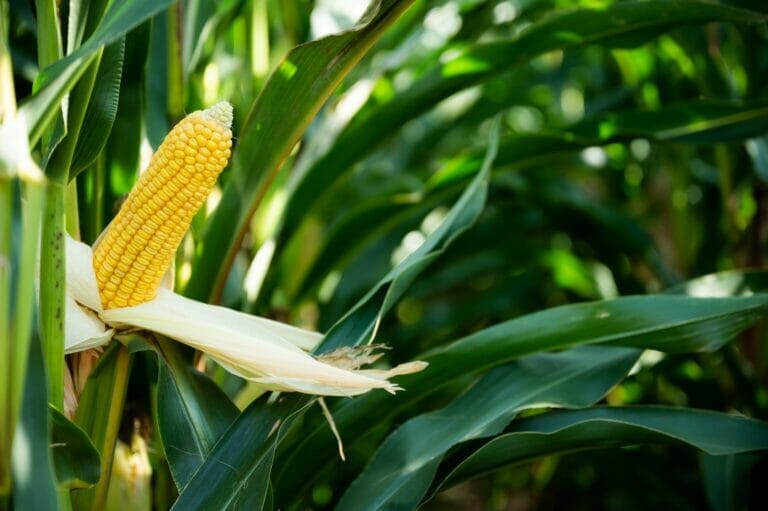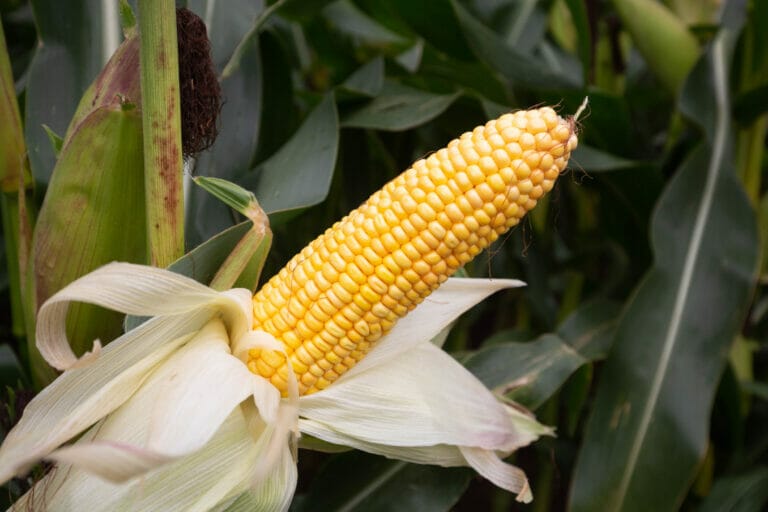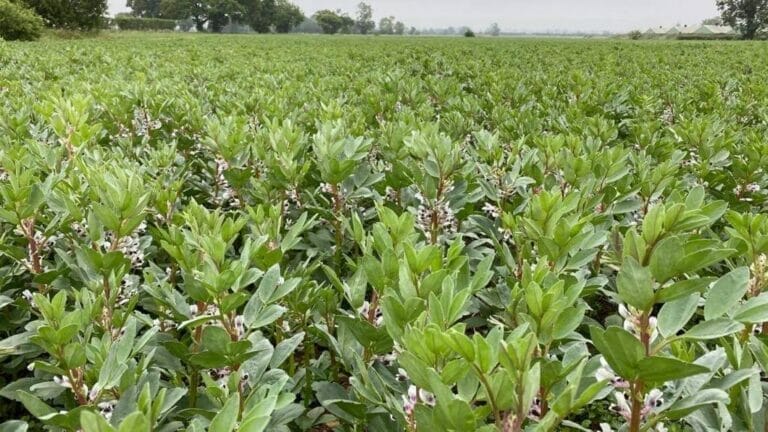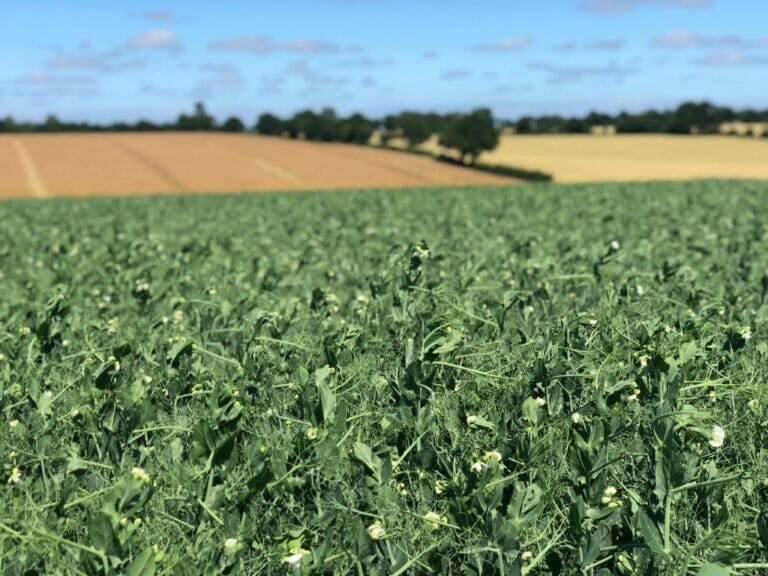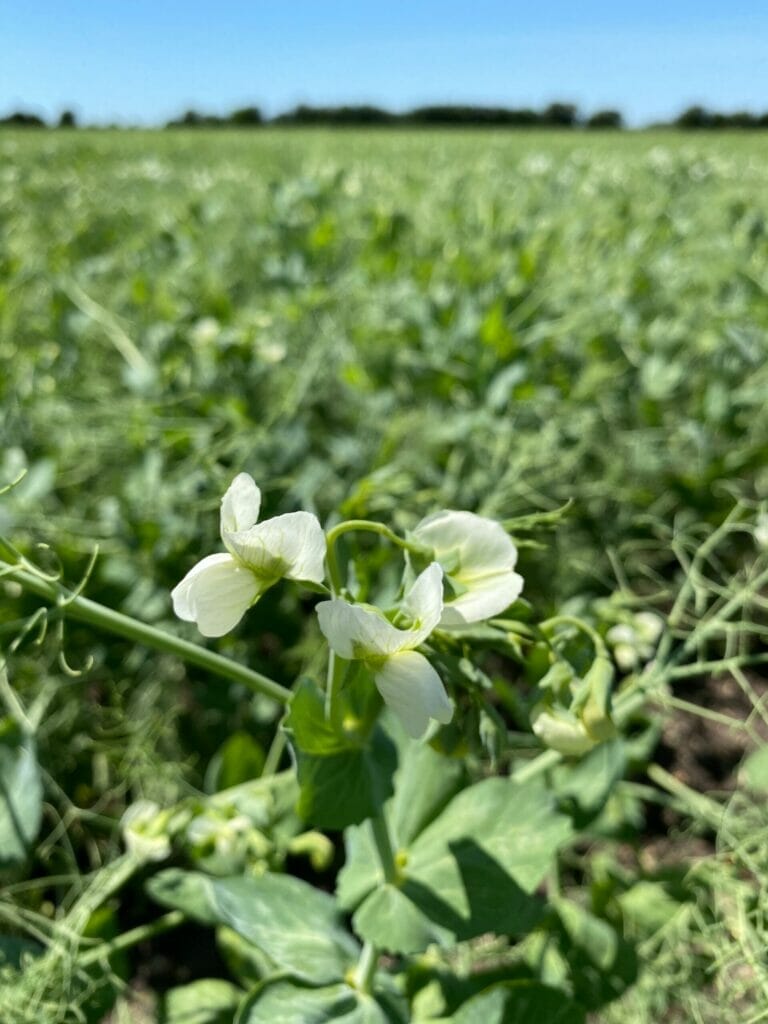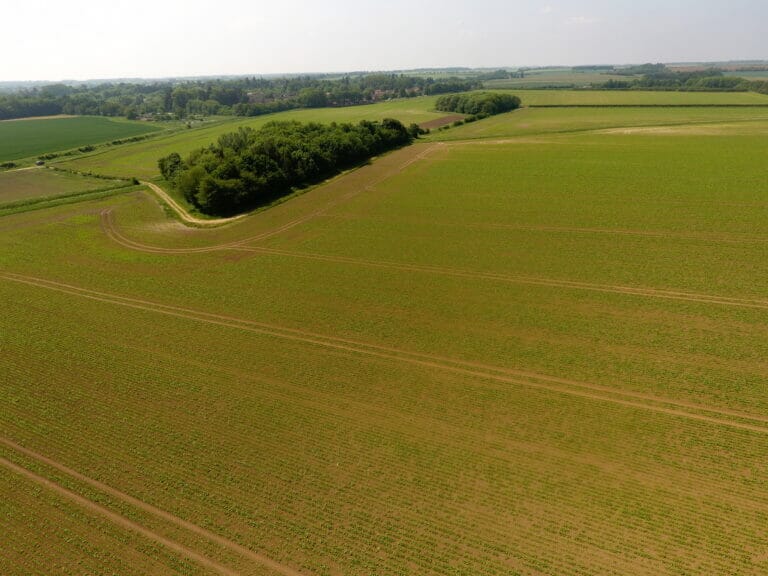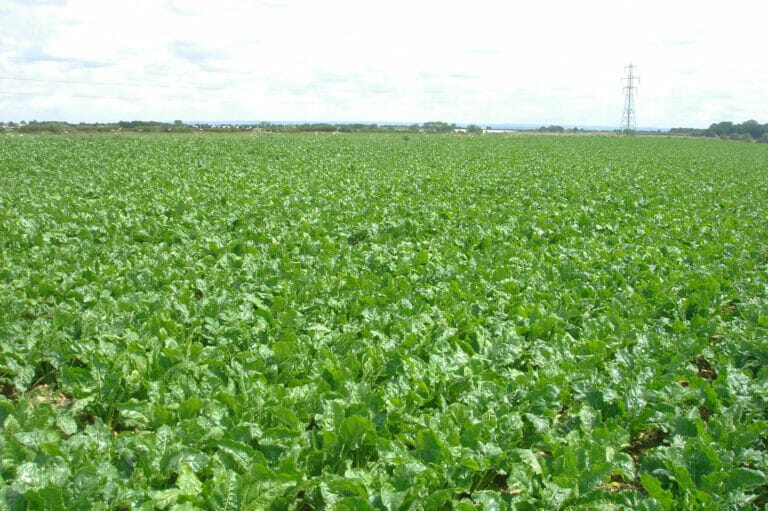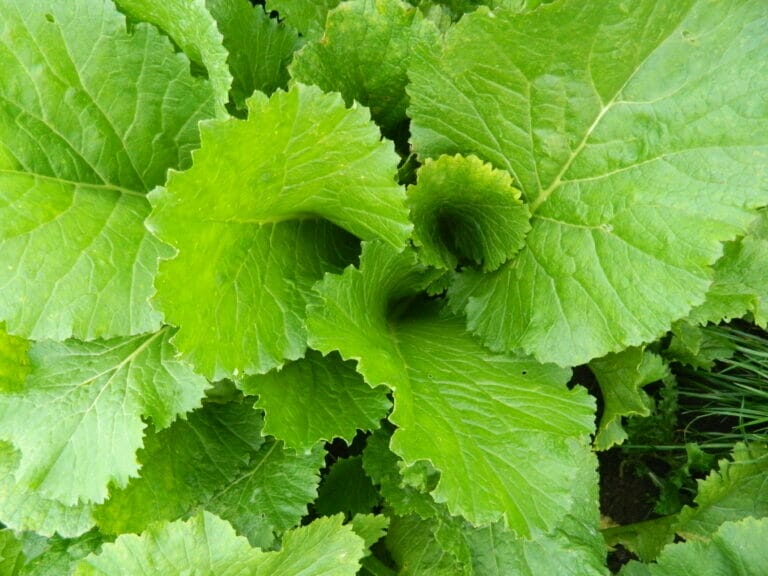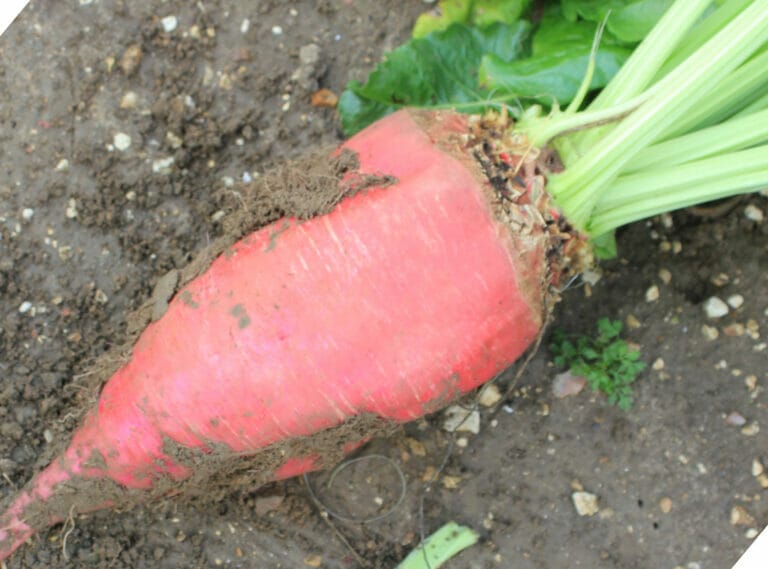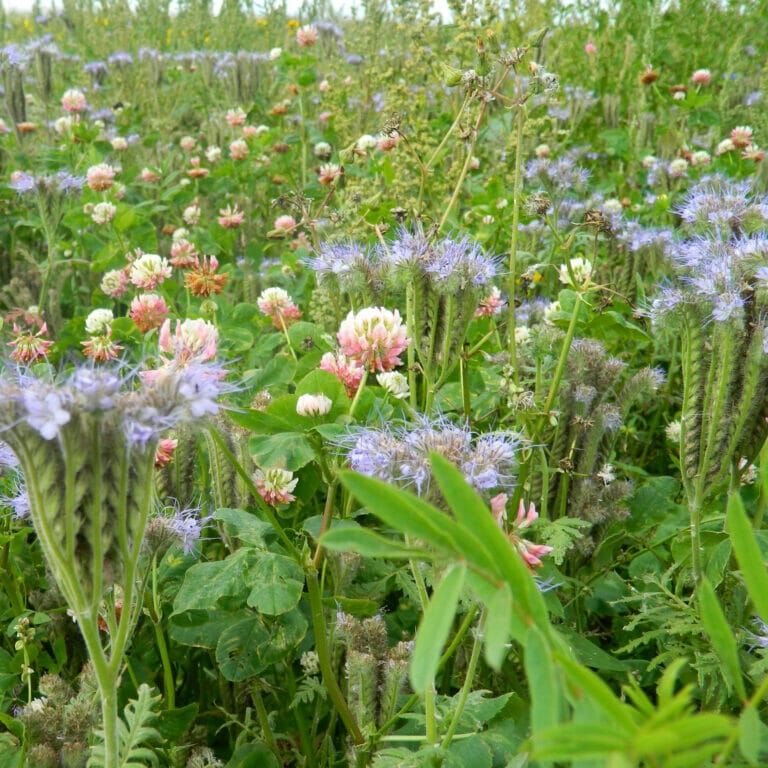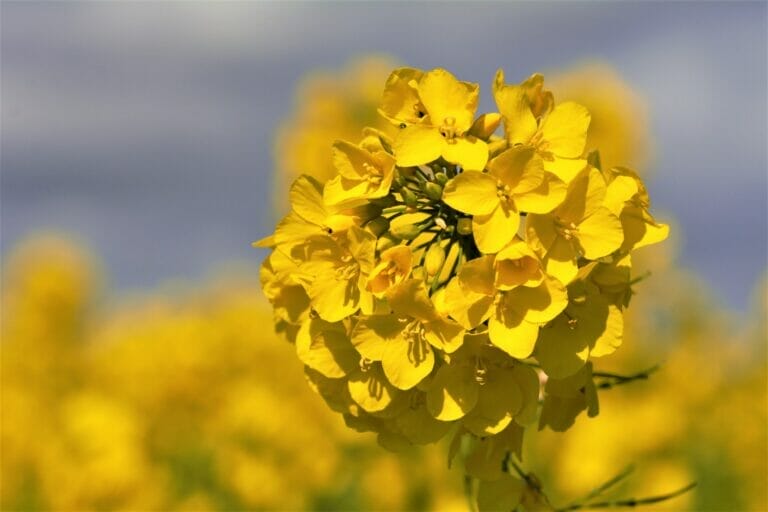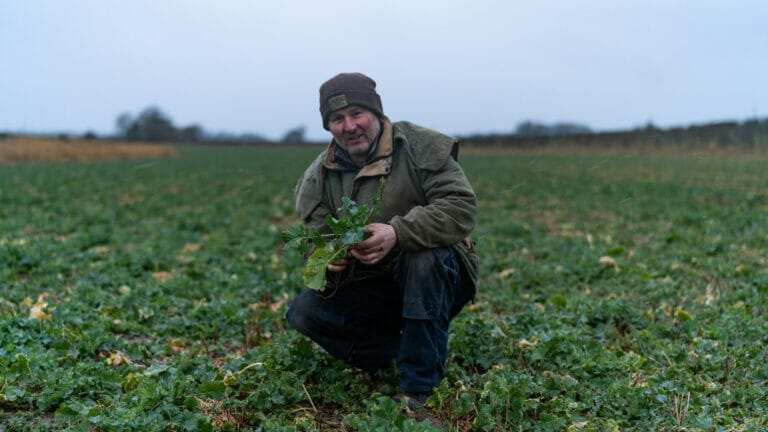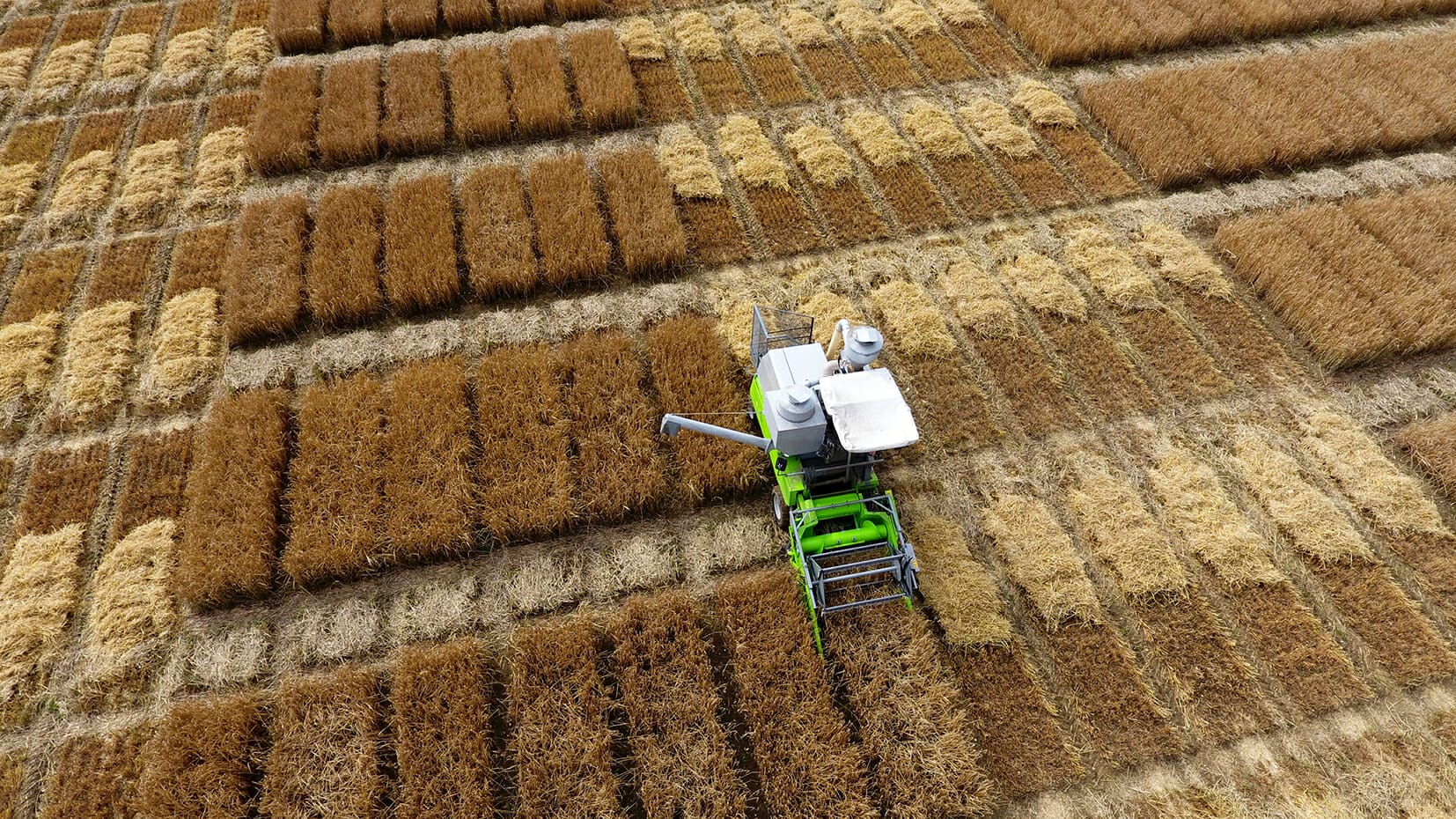As one of the highest yielding soft Group 4 wheats on the Recommended List, Limagrain UKâs Myriad, has proven itself to be high yielding in the north of England and Scotland (107%), with an outstanding disease package and good ratings for distilling.
âBred from Njinsky, with the parentage of Claire and Consort in its background with the addition of Robigus, Myriad has a very strong pedigree,â says Ron Granger, wheat breeder for Limagrain UK.
âIt has consistently produced high yields across the last two difficult seasons, across all rotational positions and a range of soil types, producing similar yields to Leeds, and 2% above Cougar. Myriad has been particularly successful in the north where it has shown an ability to yield despite some of the more difficult growing conditions.â
âQuality wise Myriad produces a very similar grain sample to Alchemy with a positive rating for distilling and with uks export soft wheat opportunities. â
|
Rotational position |
Soil Type |
Late Autumn sown |
|||
|
1st wheat |
2nd Wheat |
Light |
Heavy |
||
|
Yield (% treated controls) |
106 |
102 |
(105) |
105 |
112 |
Source UK HGCA Recommended List
âMyriad is a taller-strawed variety with a rating of 7 for standing power â similar to both Claire and Alchemy. Myriad also has resistance to Orange Wheat Blossom Midge thanks to having Robigus in its ancestry. Its genetic make-up has also given Myriad good disease resistance ratings, with a rating of 9 for yellow rust , 7 for eyespot and a better mildew rating (5) than Leeds .â
âWhilst itâs a slightly later maturity variety (+2 days), it is by no means the latest maturing variety to be placed on the RL,â adds Mr Granger. Dr Steve Hoad of the SAC sees the quality offerings from the variety as being attractive for the distilling market. âAlthough Myriadâs soft endopserm will also be suitable for animal feed, bio-fuels and export markets, it is particularly well suited for distilling Its Hagberg is fairly good for a soft Group 4, which may give it some protection against sprouting.â
Mr Granger recommends that the variety is not placed in the early drilling slot on farm but sown in the mid-to-late drilling season window: âThe variety has done well in the later sowing slot, which would suggest that it would suit the regimes of potato and sugar beet growers.”
Andrew Smales of Manor Farm, East Yorkshire is one grower who is taking this approach on the advice of his local Nickerson Seed Specialist, Marc Lanham.
âAs the farm is situated in Holderness, East Yorkshire, on heavy clay loam soils, good crop vigour and tillering ability are two important attributes for any variety when being later drilled after potatoes grown for processing,â he says. âAlso being a soft group 4 with some distilling potential we identified the variety as suitable for the new Vivergo ethanol plant six miles away and we also sometimes fall into the catchment area for sending distilling wheat to Scotland.â
âIn addition over the last few years soft wheats have generated a premium when sold, a welcome boost to returns on the back of a fairly ordinary harvest last yearâ
The 10ha crop of Myriad was drilled on 13th October at 175Kg/ha and sprayed pre-emergence for black-grass and broad-leaved weeds. âThe crop emerged in early November after some very persistent rainfall and established well. It was interesting that the crop established equally as well as the 2ha of Claire -the farms preferred variety after potatoes – in the same field and drilled at the same time.â
Agronomist Alastair Moore believes that feeding the crop in the cold spring helped as the crop tried to grow away: âIt received an application of foliar manganese and nutriphite PGA to encourage plant and root development in early March. Tiller numbers were satisfactory so no growth regulator was applied until the end of April along with a triazole-based T1.â
âGood disease resistance being one of the varietyâs features meant that the SDHI-based T2 was not applied until the end of May, followed again with a triazole-based T3 immediately after flowering.â
âThe crop management has been simple and straight forward due to the flexibility and strong agronomic features of the variety,â said Mr Moore. âInterestingly the competitive vegetative growth of the variety has meant that black-grass control in a field with a moderate black-grass history has been straight forward with no follow-up spring application of Atlantis needed to support the autumn residual herbicide.â
âWith better weather forecasted over the next few weeks we are looking forward to a good yield with the crop showing so much potential now,â adds Mr Smales.




